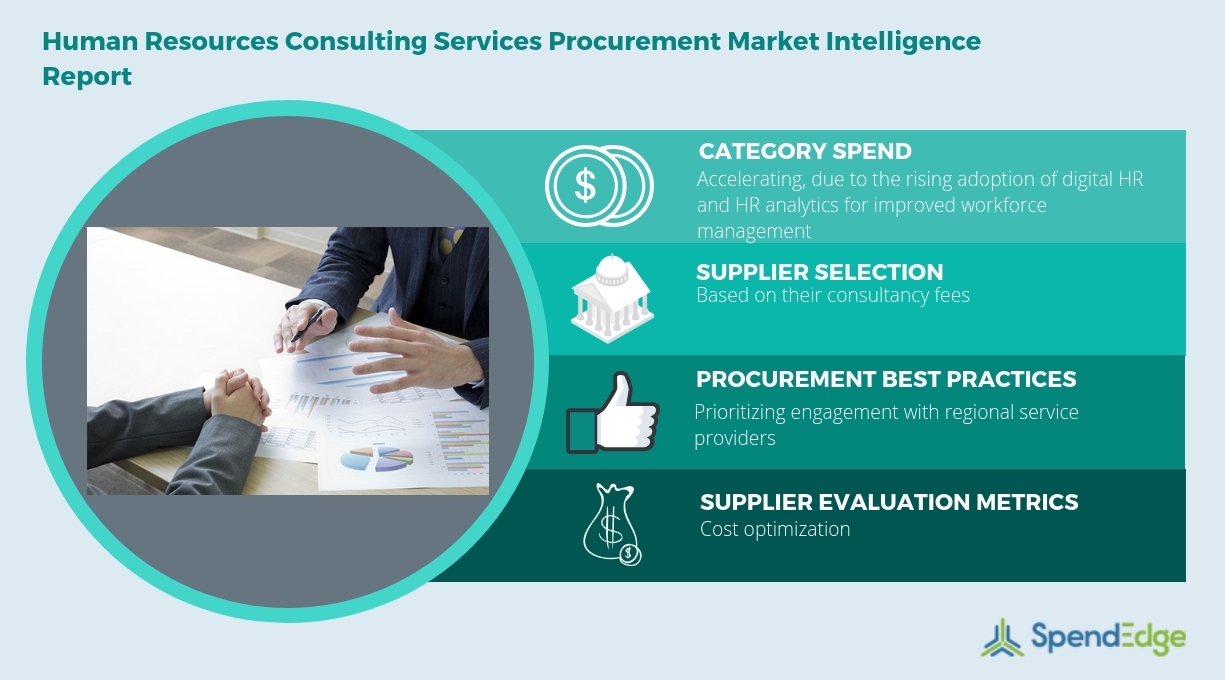
The Bay Area offers many opportunities for environmental consultants and nonprofit workers. Nomad has a team of highly skilled ecologists that includes wildlife biologists, botanists, and arborists. Many Nomad team members have developed their careers in the Bay Area.
Nomad's seasoned ecology professionals have built their careers in the San Francisco Bay Area
Nomad Ecology is a San Francisco-based start-up with seasoned ecology professionals who have extensive knowledge of the ecosystems and regulatory environment of the Bay Area. The team includes wildlife biologists, botanists, GIS practitioners, arborists, and drone pilots.
Toxics Reduction Program Manager: In this position, you will lead programs and projects that improve public health and the environment. Your responsibilities include managing budgets, developing partnerships, hiring staff, and supporting policies and programs. You will be responsible for identifying new opportunities to reduce toxic chemicals and promote safer alternatives. You will also be responsible for safe and responsible disposals of hazardous waste.

Nomad's staff includes botanists, wildlife biologists, and arborists
The company is currently looking to hire a junior to senior-level botanist and wildlife biologist to join its team. Please see attached job announcements if you are interested in these positions. This team is dedicated in helping to protect and restore natural resource.
Tree-loving licensed arborists are experts in the care and maintenance of forests. They can help with everything from diagnosing and monitoring problems in trees to maintaining and treating them. They are also able to help with tree-related tasks such as planting, transplanting and pruning. They could also be called upon to protect trees and forests against lightning.
Certifications
There are many certifications you can earn for environmental consulting. These certifications will help you get more clients and better-paying jobs. Some of these certifications are more specialized than others, and are beneficial to different types of professionals. Although you might not require all of these certifications, you can select the one that is most appropriate for you.
Not only can you get your certifications but also internship experience. It will be a great addition to your resume. It is important to choose internships that allow you to gain practical experience with your chosen career path. For example, an internship in environmental consulting can involve data collection, report writing, and field work.

For environmental consultants, it is possible to balance work and life
Although a career in environmental consulting can offer a lot of satisfaction, it does have its downsides. The work can be repetitive and requires a lot of self-motivation. Additionally, you will have to deal with challenging clients and be constantly tracking your billable hours.
Environmental consultants often major in environmental science, geology, or chemical engineering. It may also help to have a background in business and public relations. These professionals are expected to have a strong knowledge of environmental policies and regulations. A strong communication skill is also required.
FAQ
How did modern consulting come to be?
Accounting professionals were the first to become consultants. They helped companies manage their finances. Their skills in managing financial information led to them being called "accounting consultant". The role soon expanded to include other areas, including human resources management.
The French word meaning "to advise" in French is what gave rise to the term "consultant". This term was originally used by businessmen to denote someone who could give guidance on how to run an enterprise. In fact, most business owners today still use the word consultant when referring to any kind of professional advisor.
What can I count on from my consultant to help me?
After you have selected your consultant, expect to hear from them within a few business days. They will typically ask for information about the company, such as its mission, goals. products and services. budget. They will then send you a proposal that outlines the scope of work and estimates timeframe, fees, deliverables, milestones and other details.
If everything is in order, then the parties will enter into a written contract. The type of relationship between them (e.g. employer-employee or employer-independent contractor) will determine the terms of the contract.
If all goes according to plan, the consultant will begin working immediately. You will have access both to your documents and internal resources and the consultant's skills and knowledge.
However, don't assume that just because someone is a consultant that s/he knows everything. To become an expert in any field you consult, it takes practice and effort. So, don't expect your consultant to know everything about your business.
What is a consultant?
A consultant is someone who provides services for other people. Consultant is not just a job title. It's a position where you help people achieve their goals. This involves helping them to understand their choices and making the right choices.
Consultants are experts in finding solutions to the problems and challenges that arise while working on projects. They can provide guidance and advice on how to implement the solutions.
Consultants should be able and willing to answer any questions regarding business, technology or finance, leadership, strategy, customer service, legal, management, leadership, management, law, management, law, procurement, legal, marketing, human resources, etc.
What's the difference between an advisor and a consultant?
A consultant is an advisor who gives information on a particular topic. A consultant is able to provide solutions.
A consultant works directly with clients to help them achieve their goals. A consultant provides advice to clients through books and magazines, lectures, seminars, and other means.
How can I become a successful consultant
It is important to identify an area of passion. Then you have to build relationships. It is crucial to learn about your clients and understand their needs. You must also deliver results.
Although you don't have the ability to do everything perfectly, you must be better than anyone else. Passion is key. It doesn't suffice just to say "I'm going be a Consultant." You must believe in yourself.
Which industries use consultants?
There are many types of consultants. Many consultants specialize in a particular type of business. Others may be more focused on multiple types.
Some consultants are only available to private companies while others work with large corporations.
Some consultants also work internationally and can help companies around the globe.
Statistics
- 67% of consultants start their consulting businesses after quitting their jobs, while 33% start while they're still at their jobs. (consultingsuccess.com)
- According to statistics from the ONS, the UK has around 300,000 consultants, of which around 63,000 professionals work as management consultants. (consultancy.uk)
- According to IBISWorld, revenues in the consulting industry will exceed $261 billion in 2020. (nerdwallet.com)
- On average, your program increases the sales team's performance by 33%. (consultingsuccess.com)
- Over 62% of consultants were dissatisfied with their former jobs before starting their consulting business. (consultingsuccess.com)
External Links
How To
How to Find the Best Consultant
Ask yourself what you want from your new consultant before you start looking. You should know exactly what your expectations are before you start searching for someone. A list of what you expect from a consultant is helpful. This could include: professional expertise and technical skills, project management capabilities, communication skills, availability, etc. After you have listed your requirements, it might be a good idea to ask colleagues and friends for their recommendations. Ask your friends and colleagues if they have had bad experiences with consultants in the past. Compare their recommendations with yours. Research online if you don’t already have recommendations. Many websites allow people to post reviews about their work experience, including Angie's List and Indeed. Look at the ratings and comments left by others and use this data as a starting point for finding potential candidates. After you've compiled a list of potential candidates, it is time to reach out to them and schedule an interview. At the interview, it is important to discuss your requirements and get their feedback on how they can help. It doesn't matter whether they were recommended to you or not; just ensure that they understand your business objectives and can demonstrate how they can help you reach those goals.